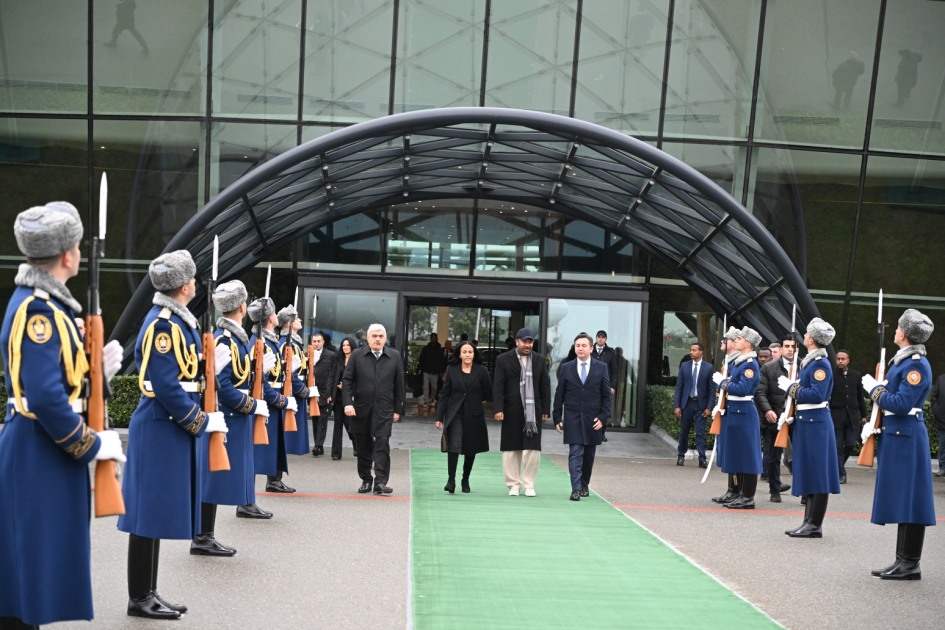Jerusalem Post
ByLIHI SHORESH
For decades, researchers suspected that long-term stress may contribute to cancer. Now a University of Haifa study confirms the link – and it should concern us all.
A new study conducted at the University of Haifa found that people who feel prolonged stress and believe that stress harms their health were more likely to report having developed cancer.
“Our findings show that prolonged stress is not just a passing emotional feeling, but a risk factor with a real impact on health. The fact that this is a factor that can be reduced through lifestyle changes or prevention programs makes it an important target for personalized medicine and public health policy,” said Dr. Teddy Lazebnik, from the Faculty of Computer and Information Sciences at the University of Haifa, who led the study. According to him, in the Israeli context, since October 2023 there has been a continuous increase in distress indicators and in requests for support services, especially among residents of conflict zones, populations with low socioeconomic status, and security service workers, which illustrates the practical relevance of the study’s findings and emphasizes the need to reduce stress burdens as a health-prevention strategy.
What is the connection between stress and cancer?
For decades, researchers have suggested that prolonged psychological stress is linked to the development of cancer. Various studies have pointed to possible mechanisms through which chronic stress can damage the immune system and encourage the development of tumors, but epidemiological studies in humans have not been able to establish definitive conclusions. One of the reasons for this is the difficulty in separating the effect of the stress itself from accompanying risk factors, such as smoking, diet, or alcohol consumption, which themselves are sometimes the result of prolonged stress.
In the current study, Dr. Lazebnik, from the Department of Information Systems at the University of Haifa and at Jönköping University in Sweden, and Prof. Vered Aharonson from the University of Nicosia, sought to examine whether prolonged psychological stress affects the likelihood of developing cancer, and whether the effect occurs directly or through damage to the immune system.
The study population included 1,318 men and women from thirty different countries, including Israel. The participants filled out questionnaires that included demographic and economic details, questions regarding family history of cancer, personal health status, and daily feelings of stress along with associated symptoms such as sleep difficulties, fatigue, or decreased appetite.
Using advanced artificial intelligence models, the researchers analyzed the information and succeeded in identifying complex patterns that could not have been discovered before gaining access to the data. In particular, the researchers used causal regression methods, in addition to the weaker correlational association, to find a causal link between chronic stress and the likelihood of developing cancer.
The study results show that people who feel prolonged stress and believe that stress harms their health were more likely to report that they had developed cancer. The study also shows that age and family history of cancer are central factors in determining the risk of the disease. When they combined the stress data with demographic information and family background, the models’ ability to predict who might be at risk improved significantly, and the findings emphasized that cancer risk results from a combination of genetic, psychological, and social factors.
“The study results show that the risk of cancer is not determined only by genetic factors or lifestyle, but also by the way people experience stress and perceive its impact on their health. The meaning is that there is room to integrate programs for coping with stress as part of public health policy,” the researchers said.




















